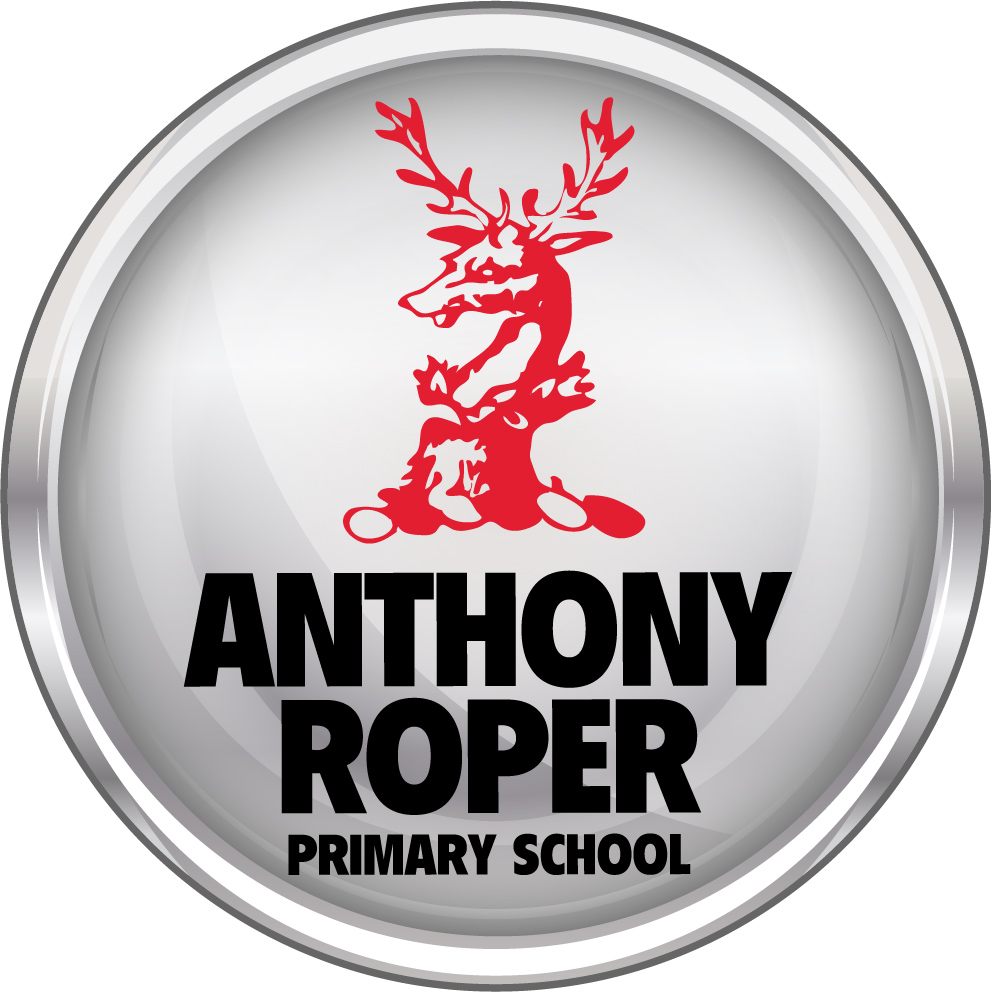PSHE
Intent
PSHE follows three themes: Health & Wellbeing, Relationships and Living In The Wider World. Key aims within these areas include:
- What is meant by a healthy lifestyle
- How to maintain physical, mental and emotional health and wellbeing
- How to manage risks to physical and emotional health and wellbeing
- How to manage change, including puberty, transition and loss
- How to develop and maintain a variety of relationships, within a range of social and cultural contexts
- How to recognise and manage emotions within relationships
- How to respond to risky or negative relationships, including bullying and abuse (and how to find help)
- How to respect equality and diversity in relationships
- How to have respect for themselves and others, and the importance of responsible actions and behaviour
- How to respect equality and diversity, and how to be a productive member of a diverse community
- To recognise the importance of respecting and protecting the environment
- To know where money comes from, keeping it safe, and the importance of managing it effectively
- A basic understanding of enterprise
Our PSHE curriculum aims to give pupils the knowledge, skills and understanding they need to lead confident, healthy, independent lives, in order to become informed, active and responsible citizens. PSHE flows through all other curriculum areas and offers opportunities for pupils to practise our school values ( Diversity, Perseverance, Teamwork, Excellence, Creativity and Kindness) in a safe and respectful learning environment.
Pupils will be taught to
- Develop an understanding of key concepts and issues
- Explore their feelings, emotions, relationships, similarities and differences
- Develop respect for other people’s views and customs
- Be curious, question, explore ideas and empathise with others
- Communicate effectively
- Develop positive attitudes which encourage collaborative learning and perseverance
Implementation
In the Reception classes, PSHE is incorporated within the Early Learning Goal ‘Personal, social and emotional development’ and involves helping children to develop a positive sense of themselves and others, forming positive relationships and developing respect for others. Pupils learn to develop their social skills and how to manage their own feelings. They begin to understand appropriate behaviour in groups and build confidence in their own abilities.
Our scheme of work for Key Stages 1 and 2 covers the 2014 National Curriculum and goes beyond the statutory requirements by referring to the PSHE Association Programme of Study. All pupils have weekly lessons following a spiral curriculum which revisits key areas every two years. Each time an area is revisited, it is covered with greater depth and increasing maturity. Prior knowledge is utilised so pupils can build on previous foundations, rather than starting again. All classes study the same theme at the same time to enable a whole school focus and clear progression.
- In the Autumn terms we look at the theme of Relationships covering family, friendship and RSE.
- In the Spring terms we learn about Economic well-being and Citizenship through Living in the Wider World. We also cover lessons on online safety linking to the Computing curriculum using PSHE association Quality Assured resources.
- In the Summer terms all classes learn how to look after their Health and well-being and how to keep safe.
Wherever possible we make learning realistic giving it a clear context and purpose. For example through the Safety in Action course for year 6 which helps their transition to secondary school and through encouraging visitors and parents to come in and speak to the children about their careers.
Impact
Integral to effective teaching and learning in this area, is using assessment to identify prior knowledge and understanding and have a sense of what the pupils themselves want and need to know. Baseline assessments are completed at the start of each topic to determine this.
Pupils’ understanding of concepts is assessed during units of work using informal judgements by teaching staff while observing them during lessons and through marking of written work. Pupils are provided with a range of activities and adaptive teaching support appropriate to their abilities and needs. Often tasks are open ended to allow for a greater variety of responses. Pupils are encouraged to reflect on their learning at the end of each lesson.
We expect all pupils to:
- Meet the learning objectives set out in the 2020 PSHE Association Programme of Study as well as the statutory requirements for Relationships Education for their phase.
- Develop an enjoyment and interest in the subject and the wider world around them.
- Be able to express opinions and respect other points of views, including discussing topical issues.
- Be able to form healthy relationships with others which will help them to flourish both at ARPS and in later life.
- Know how to get advice and support from a range of trusted adults whenever they are worried, sad or scared.
- Value diversity, challenge discrimination and stereotypes safely and constructively.
- Have a deeper understanding of the benefits and potential risks of internet use and social media, including how to evaluate media sources, keep personal information safe online and how to report inappropriate content or contact.
- Have high aspirations for future careers and set ambitious personal goals.
- Understand the role money plays in people’s lives, what influences spending decisions, how to take care of their own money and be aware of common risks.
- Know how to look after their physical and mental health, how to ask for help when needed, how to keep themselves safe and positive strategies for managing feelings.
- Be prepared for their transition to secondary school with practical strategies and increased independence.
